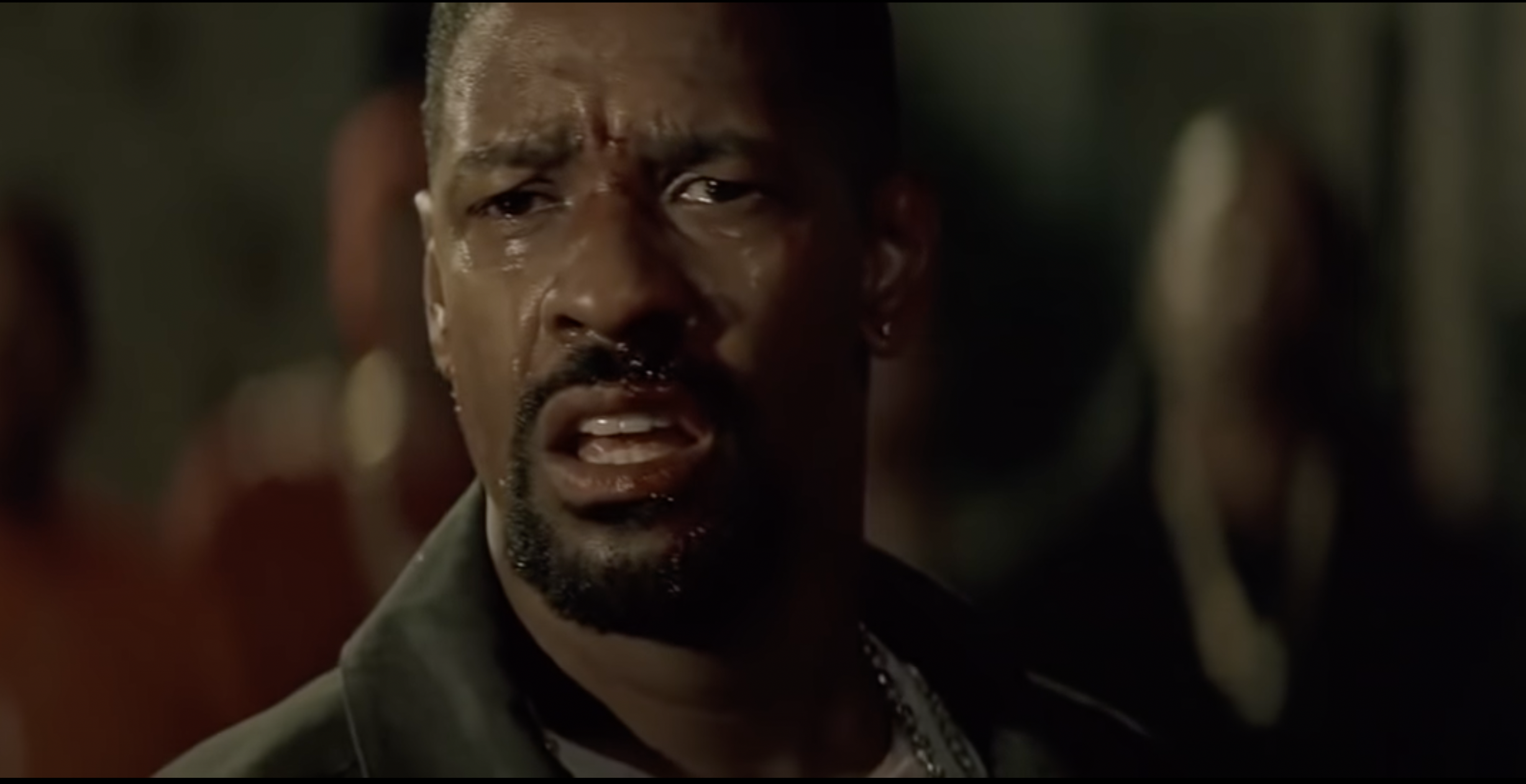In 2003, Jay-Z announced that his eighth studio album, The Black Album, would be his last. The revered Brooklyn emcee was calling it quits after less than a decade since his debut offering, Reasonable Doubt. Jay Z’s departure was captured in the documentary Fade to Black. Fans and rappers alike were saddened by his premature […]







